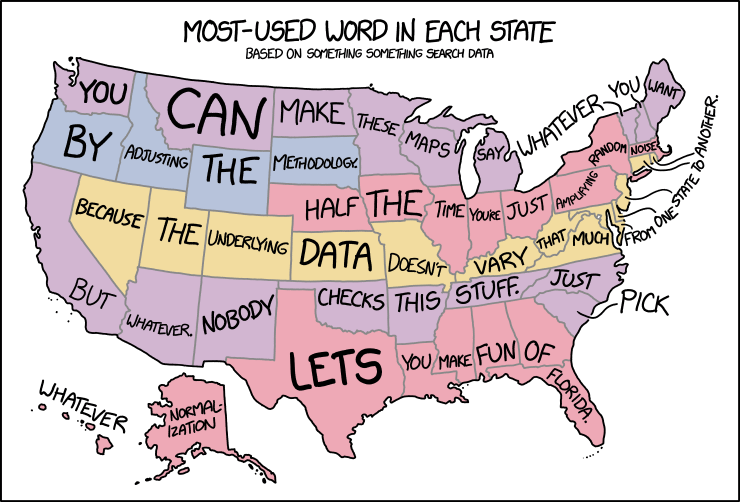Occasionally in one of these hype-tastic articles, you get a moment of apparently unintentional truth so startling that you wonder if the author is winking at you. This piece has a number of these moments, but perhaps the most striking comes near the beginning:
Bridge operates 405 schools in Kenya, educating children from preschool through eighth grade, for a fee of between $54 and $126 per year, depending on the location of the school. It was founded in 2007 by May and her husband, Jay Kimmelman, along with a friend, Phil Frei. From early on, the founders’ plans for the world’s poor were audacious. ‘‘An aggressive start-up company that could figure out how to profitably deliver education at a high quality for less than $5 a month could radically disrupt the status quo in education for these 700 million children and ultimately create what could be a billion-dollar new global education company,’’ Kimmelman said in 2014. Just as titans in Silicon Valley were remaking communication and commerce, Bridge founders promised to revolutionize primary-school education. ‘‘It’s the Tesla of education companies,’’ says Whitney Tilson, a Bridge investor and hedge-fund manager in New York who helped found Teach for America and is a vocal supporter of charter schools.
In some ways, the analogy could hardly be further off. Tesla makes a product; Bridge provides a service. Tesla is a luxury brand; Bridge is supposed to serve the extremely poor. Tesla's strategy has been to establish a foothold by targeting a very small niche market; Bridge has always been broad-based. Tesla was notable for competing directly with huge, well established companies; Bridge is targeting an underserved market (and doing so with the cooperation of huge, well-established companies).
In another ways though, the comparison could not be more apt. With the possible exception of Uber, there is no company that has made more out of hype, buzzwords, and modern myths as has Tesla. [From the essential Brent Goldfarb analysis]:
Silicon Valley investors love to talk about “disruption” — they are besotted with the storyline of small, scrappy, high-tech underdogs upending boring “legacy” corporations. And nowhere is this disruption fetish more evident than in the valuation of Tesla, maker of expensive, well-reviewed electric cars that bestow status on their owners.Tesla's paths to profitability are murky. Its chances of justifying its valuation are virtually nonexistent. For all the fanfare, it doesn't even dominate the electric vehicle market. When you strip away all the smoke and mirrors, perhaps the most notable thing about the company is the $99 million in compensation it provides for its CEO.
Recently, Tesla’s valuation surpassed both Ford’s and General Motors’. BMW is among the other major carmakers in the rearview mirror. The logic of this is intriguing, given that Ford, for example, is coming off its second-best year in its 112-year history, earning $4.6 billion while selling more than 5.5 million cars worldwide. General Motors earned $9.4 billion selling 9.8 million vehicles.
Tesla, meanwhile, sold 76,000 cars while losing near $1 billion. Judged by the valuation, anyway, Tesla appears to be the first successful American entrant into the automobile industry since Chrysler in 1922.
Mr. Tilson is almost certainly trying to invoke the myth of Tesla, but I'm not sure the real Tesla won't turn out to be a better fit.

